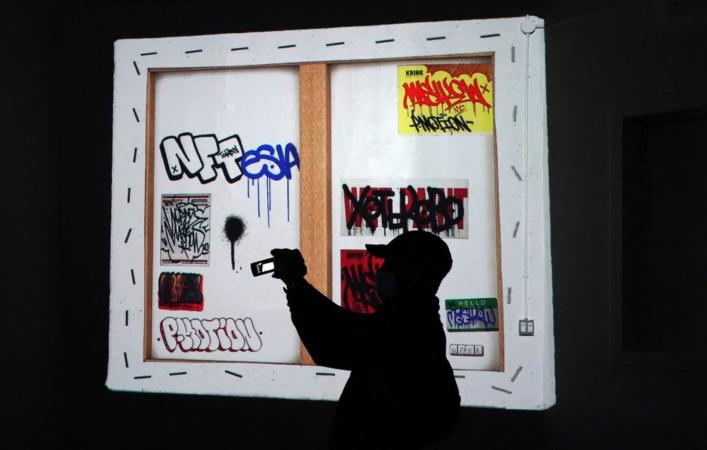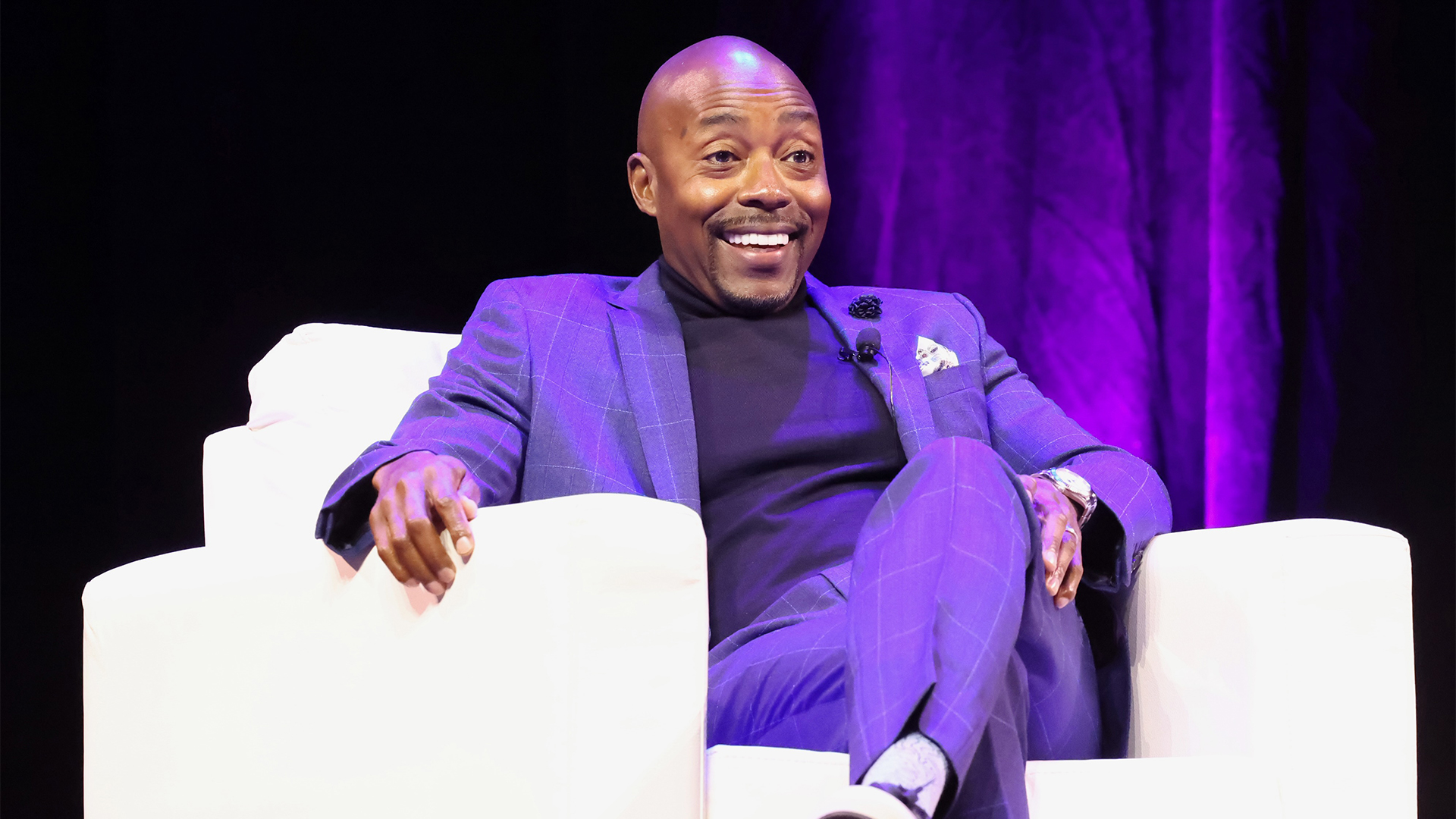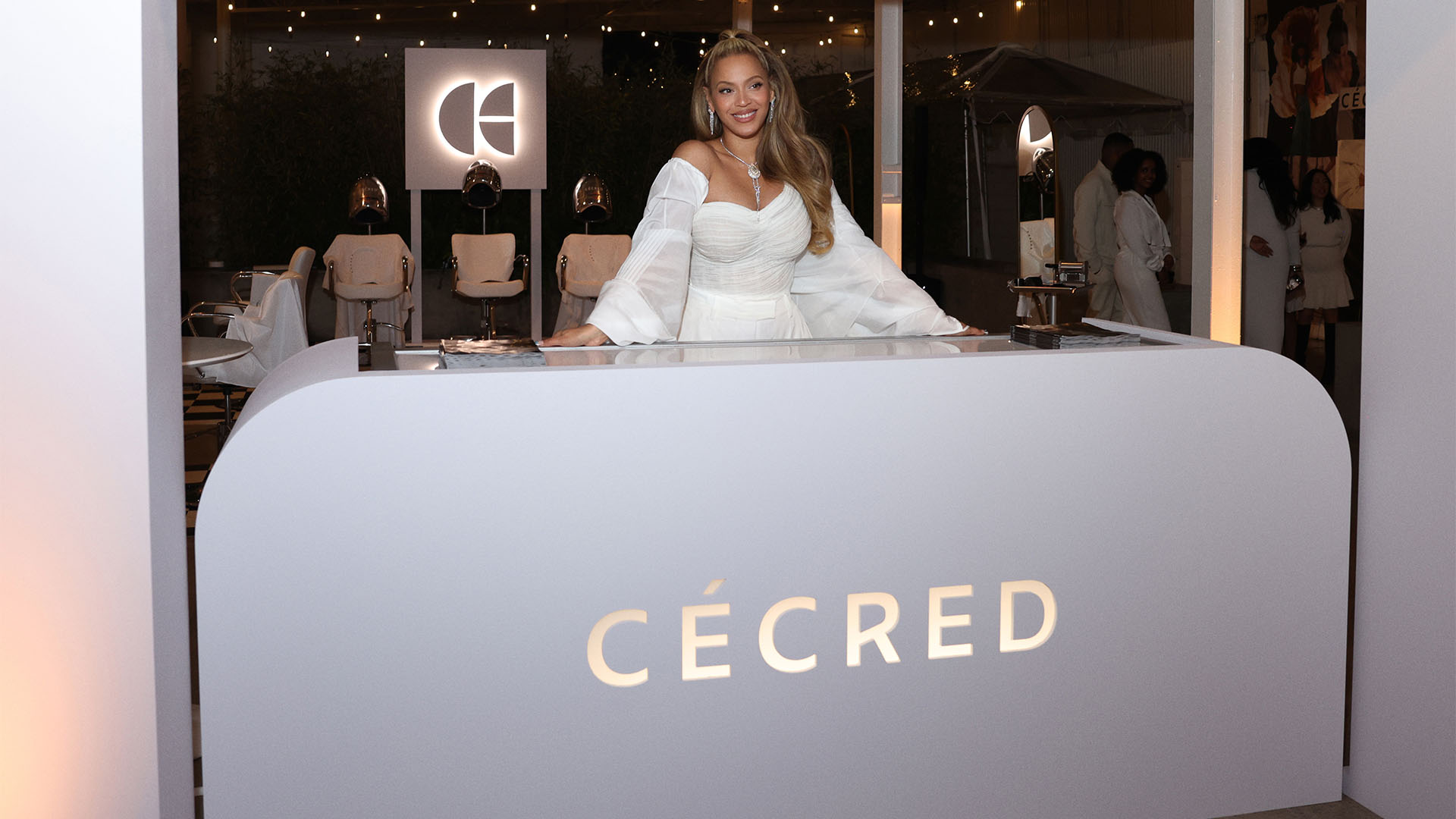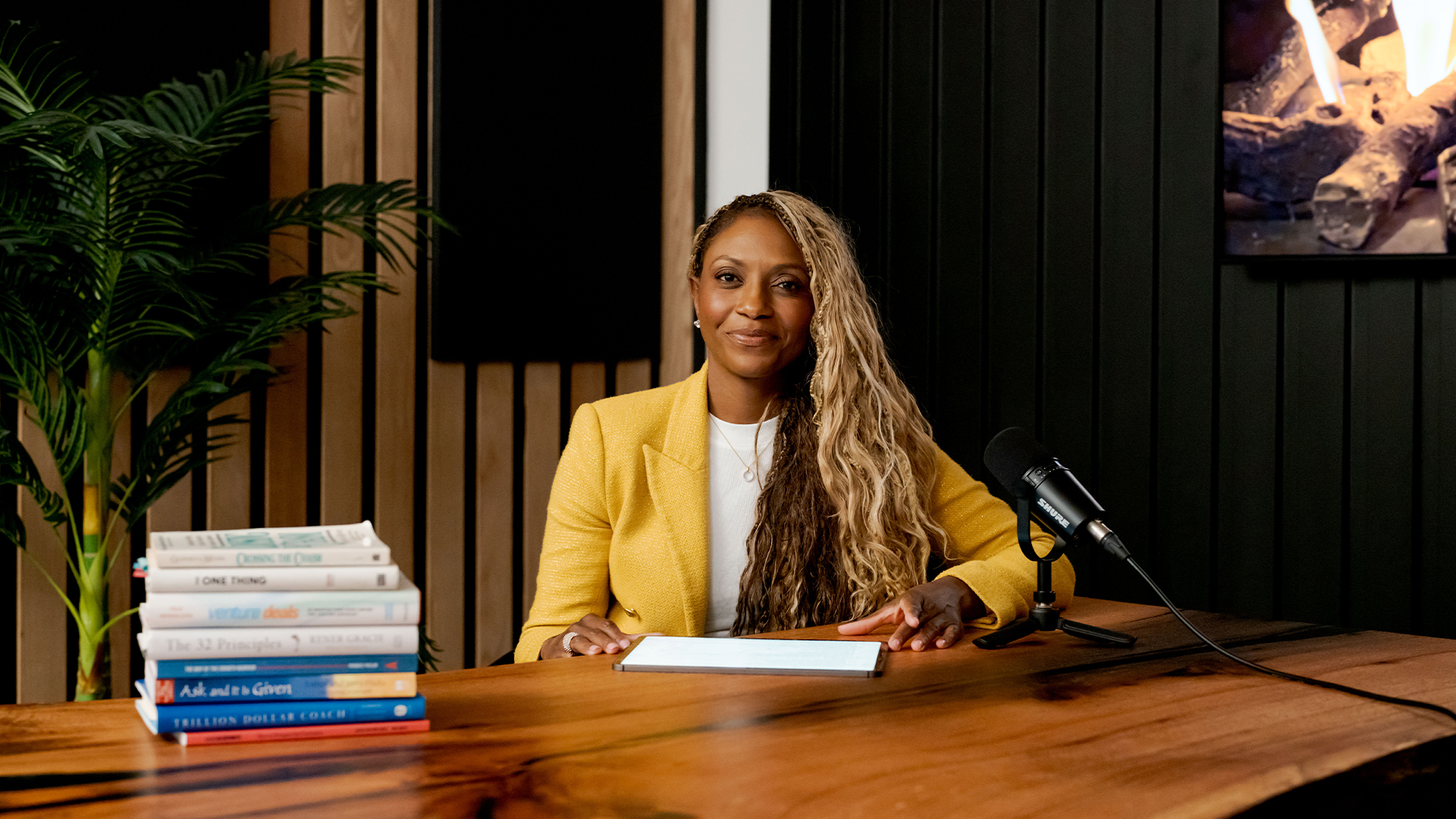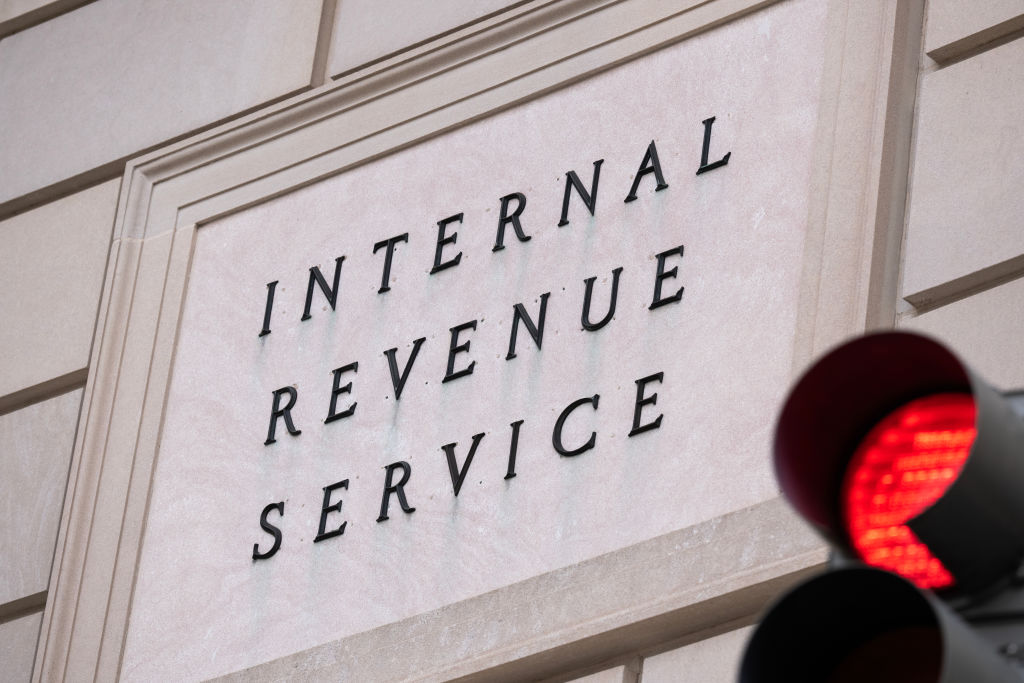Coined NFTs, the craze over non-fungible tokens has been sweeping the digital art world, but will they last? This expert doesn’t think so.
Damon Abramson is the founder of Harmony Technologies and he is confident that NFTs won’t last once the hype calms down. He has has been working in the digital space for more than 40 years, and he is an expert digital marketing consultant who has been following blockchain and NFTs from the start. He told AfroTech that NFTs have actually been around for three or four years, which is a lot longer than the craze going on right now.
“I see NFTs going away,” Abramson said. “Think about it, generally, this is how we place value on things. They are unique and not everyone can get them. The NFT situation is, okay it’s unique, but everyone can make a copy of it. It’s not like you can charge me in a museum to see your digital art.”
If you aren’t familiar with NFTs yet, think of them as one-of-a-kind trading cards as The Verge explained. No one card is the same, yet they can technically be replicated as Abramson explained. The new type of digital asset is recorded on a blockchain, usually the Ethereum blockchain, which is a cryptocurrency. NFTs can be anything that has been digitally authenticated, from music to art to gifs and beyond.
And when we say anything digital, we mean anything. Twitter CEO Jack Dorsey digitized his first tweet and sold it as an NFT for $2.9 million. Just yesterday, Sophia the Robot in collaboration with an Italian artist sold her NFT artwork for $700,000, The New York Times reported. It seems like the art world was months ahead of the hype since art collector Pablo Rodriguez-Fraile bought a 10-second video of artwork in October 2020 for $67,000. He recently sold that as an NFT for $6.6 million, and Reuters breaks down how that even happened.
“The concept behind blockchain and NFTs is that, when something is done once and or created specifically in a certain way once, it can be 100% unique and if anyone tries to create anything like that again, the blockchain itself will know that this thing already exists,” Abramson said. “Works of art that are unique and non-replicable, that’s the concept behind this, but realistically, anyone can make a perfect digital copy of a piece of art and send it anywhere to display it anywhere.”
Abramson said that while blockchain may be the future of digital assets, NFTs won’t be a part of that progression. He said blockchain was originally designed to replace the existing financial system, because it would provide more financial freedom and cancel the need for physical banks. Blockchain might be on the come up, but Abramson sees where NFTs may fail.
“You can’t necessarily replicate the token’s identity without someone knowing, but how unique is the Mona Lisa if you can’t control someone selling the prints of it?,” Abramson said. “That’s essentially the issue you’re having with NFTs. It can be 100% unique, but it’s not something you can stop other people from copying and using as long as they aren’t publishing it.”
Another issue with NFTs Abramson said, is the fact that they aren’t specifically appealing to the everyday consumer who might not be rich enough to dish out thousands on digital art. Despite this downfall, Abramson said that’s the point of NFTs, they aren’t supposed to be used and consumed by everybody.
“The everyday person won’t care about NFTs, but that is not the case with blockchain,” he said. “NFTs are not something regular people are willing to go after and spend their money on.”
Abramson said while NFTs are hot right now and a lot of money is being spent and made, they will leave once the hype calms down. He even dug deep into the Dorsey Tweet NFT for instance. Even though he made a profit, more consumers are just going to go to his Twitter page and scroll to his first tweet, opposed to being interested in the NFT version of it.
“How really unique is it?,” he said. “I have a major issue with it in a sense that, anyone can replicate what I consider to be mine and unique. That’s not something I would consider a valuable asset. But hey, that’s me, and I don’t have $700,000 to spend on a picture made by a robot.”
Check out this explainer on NFTs that AfroTech published earlier this month.
Editorial Note: This piece has been edited for clarity.
